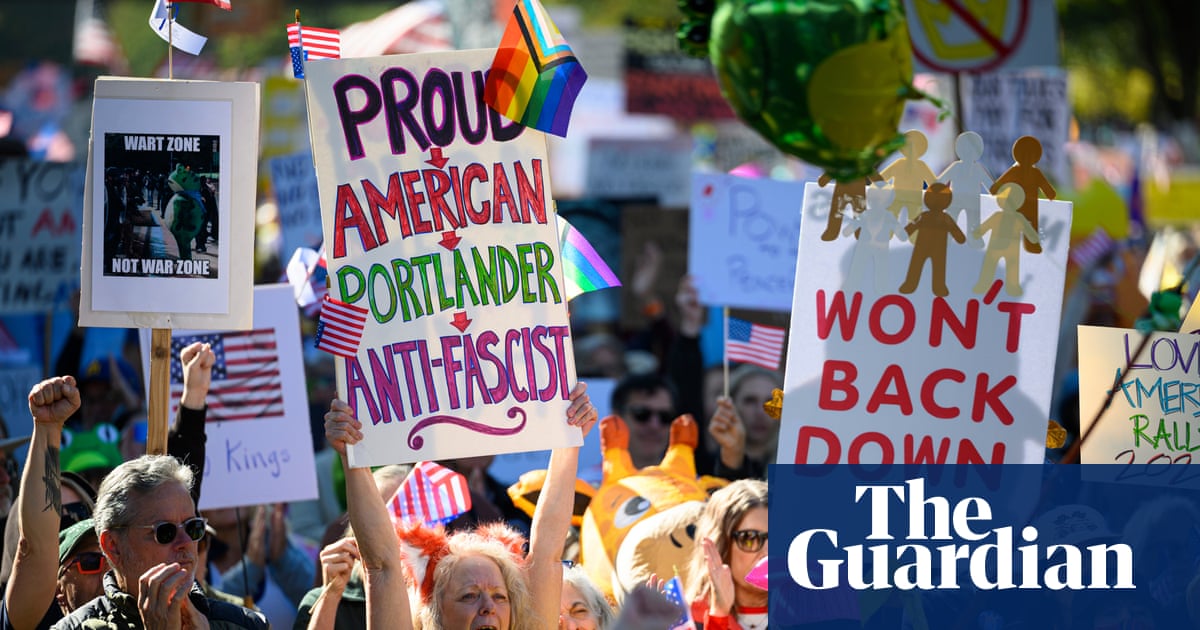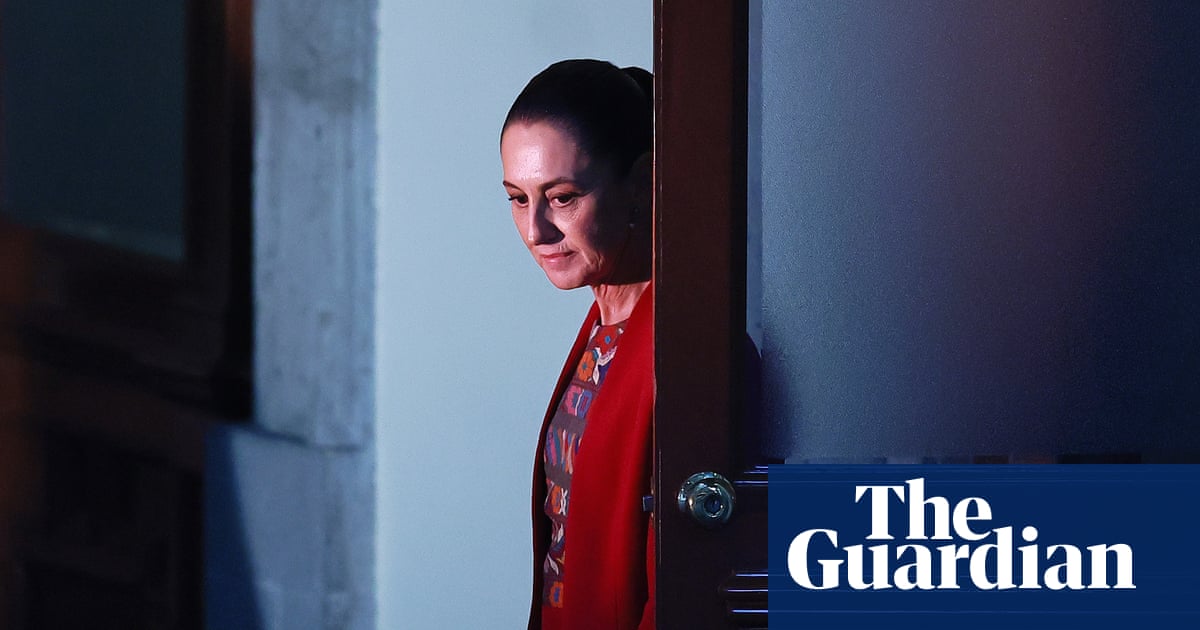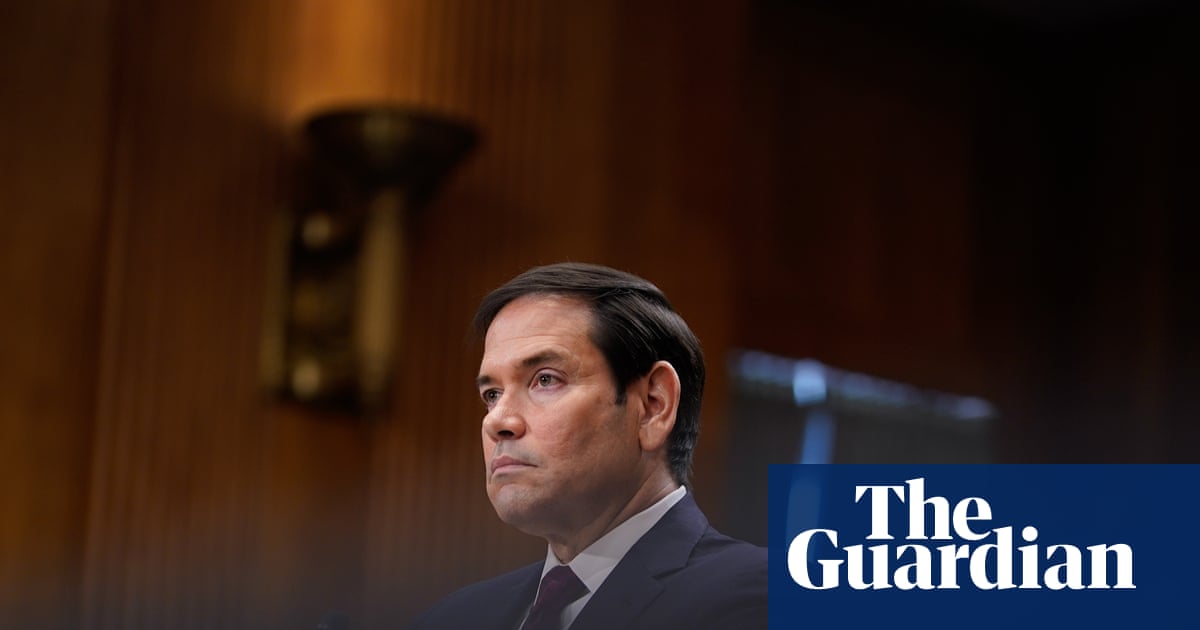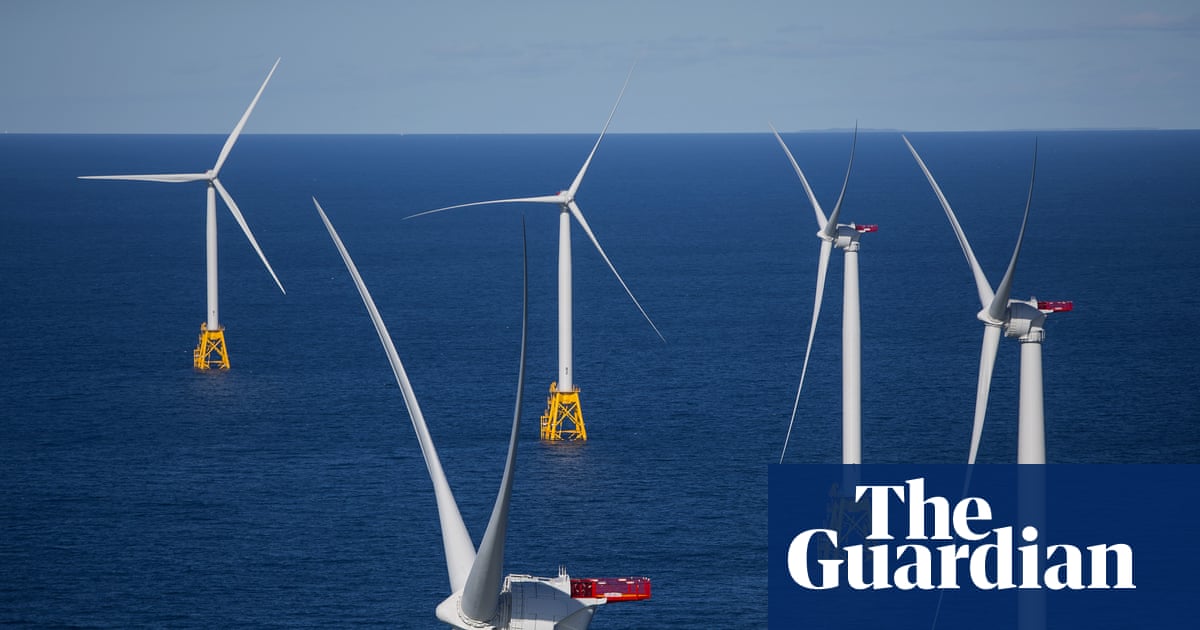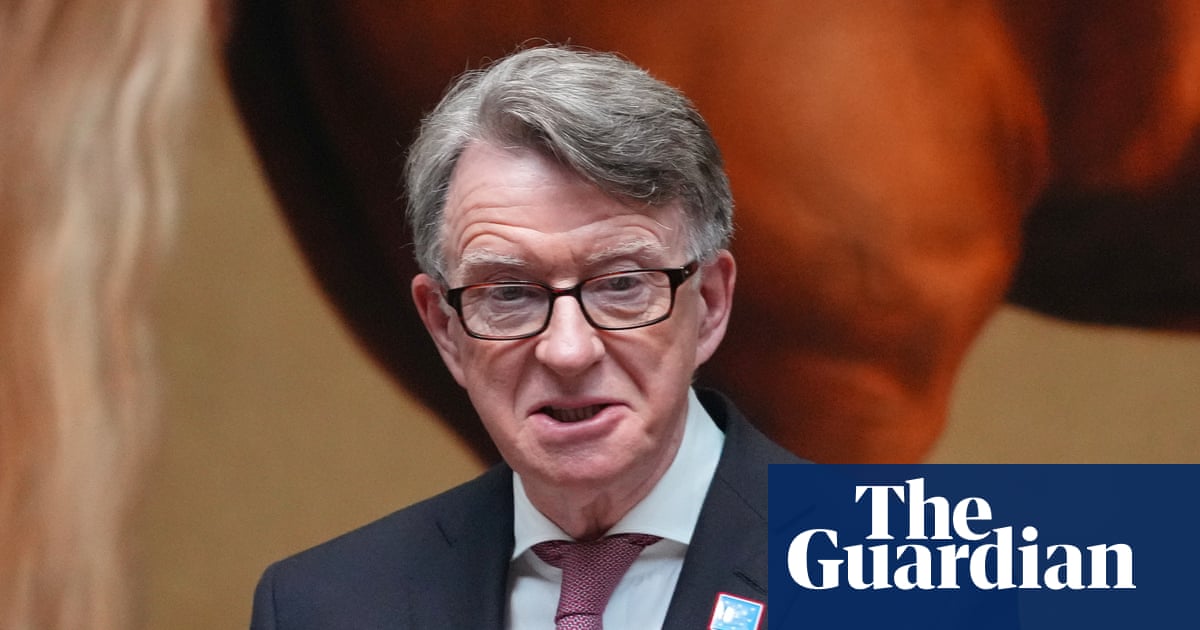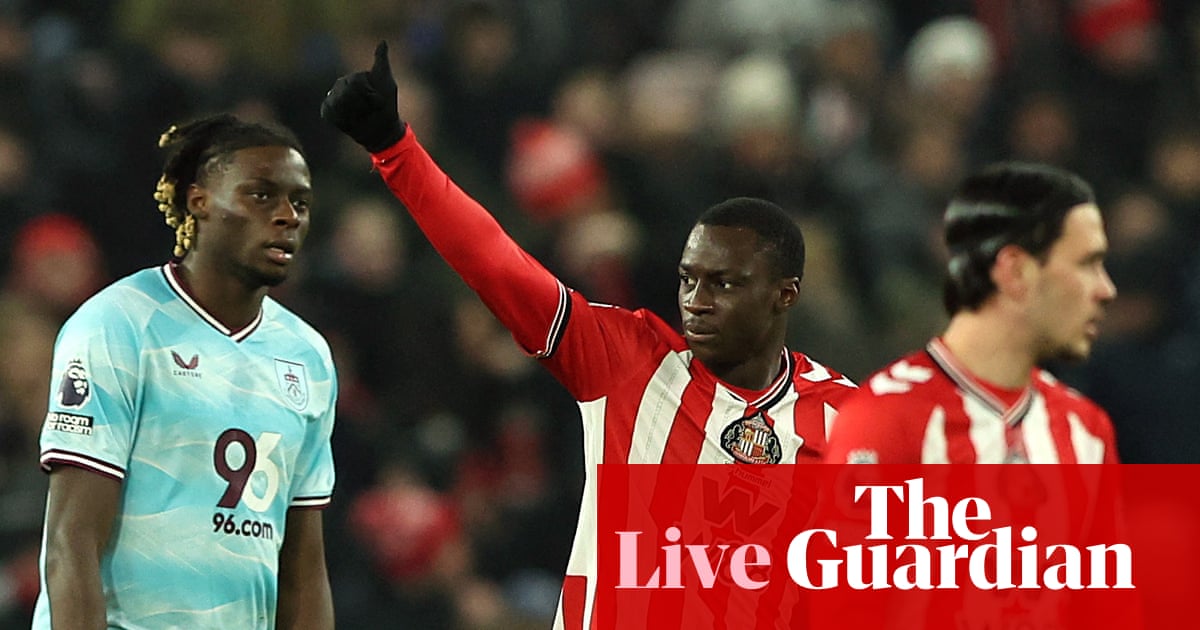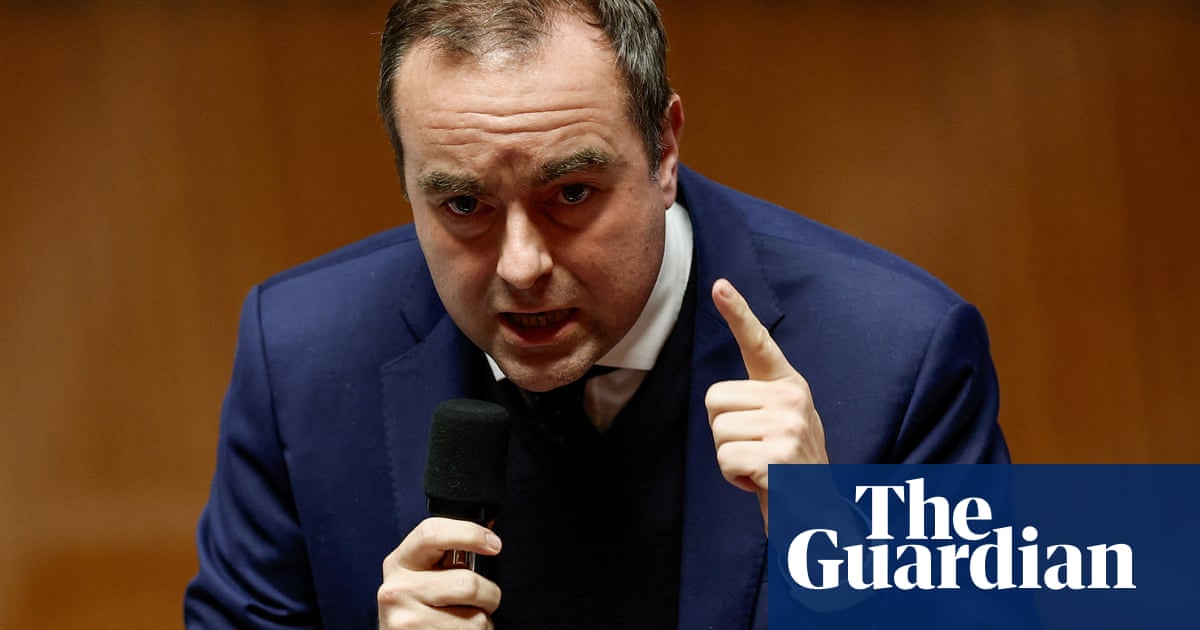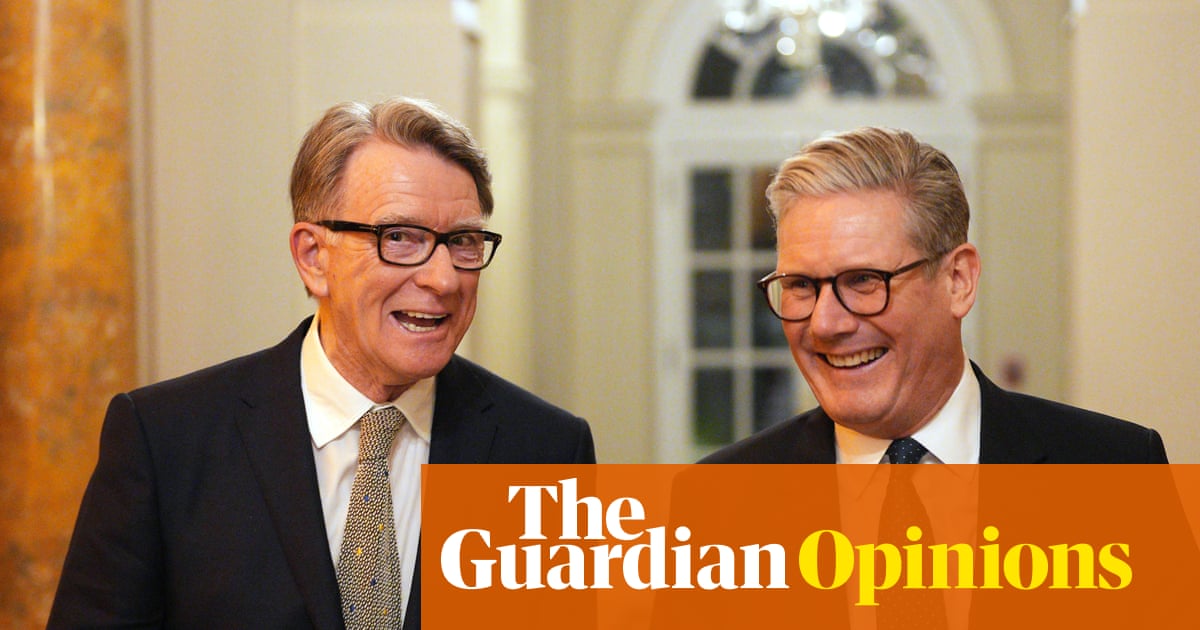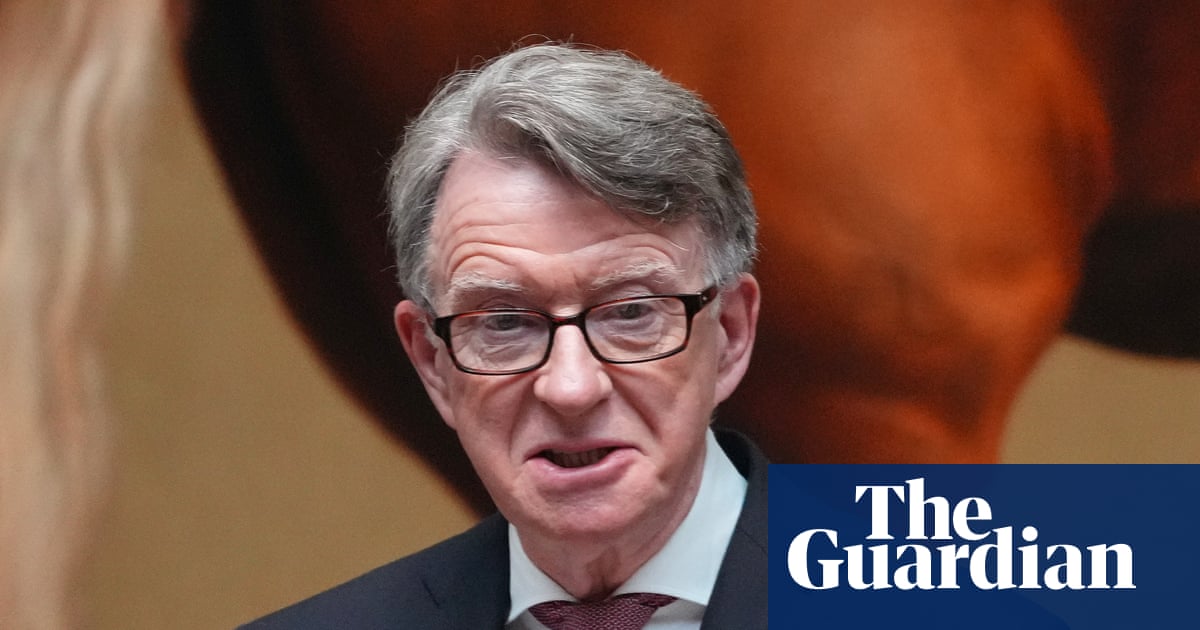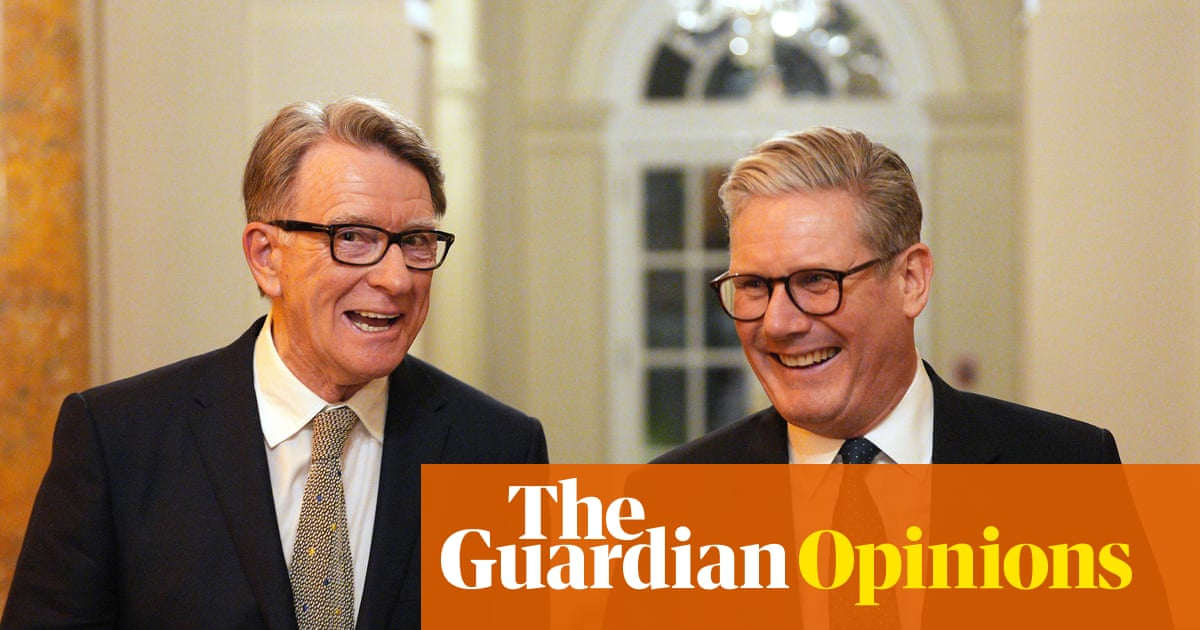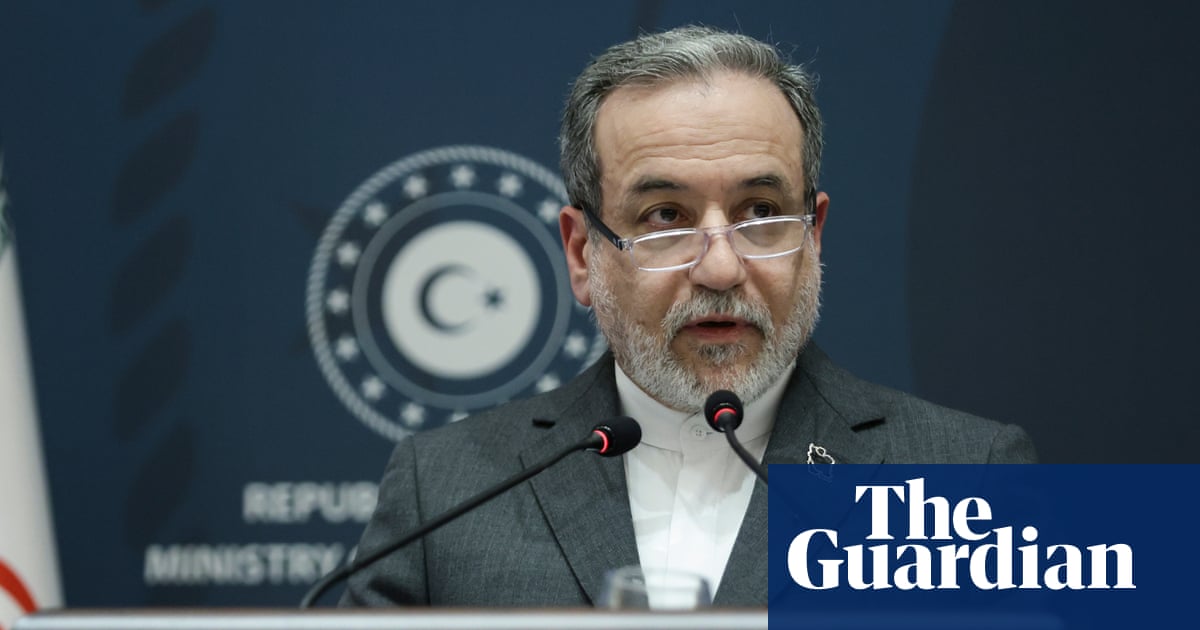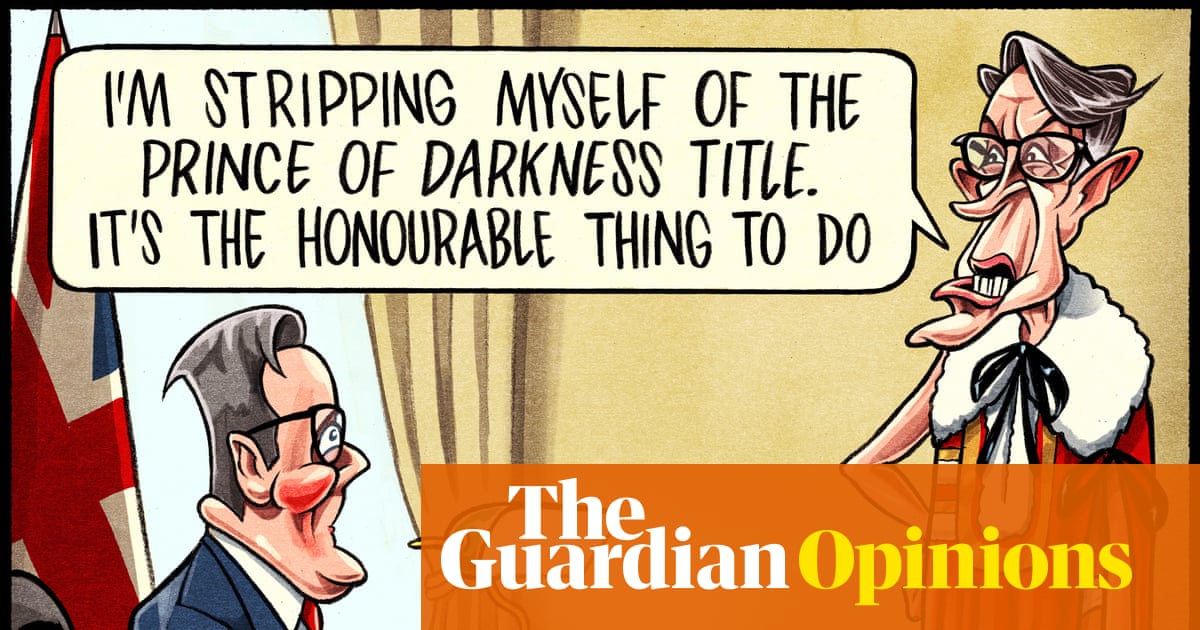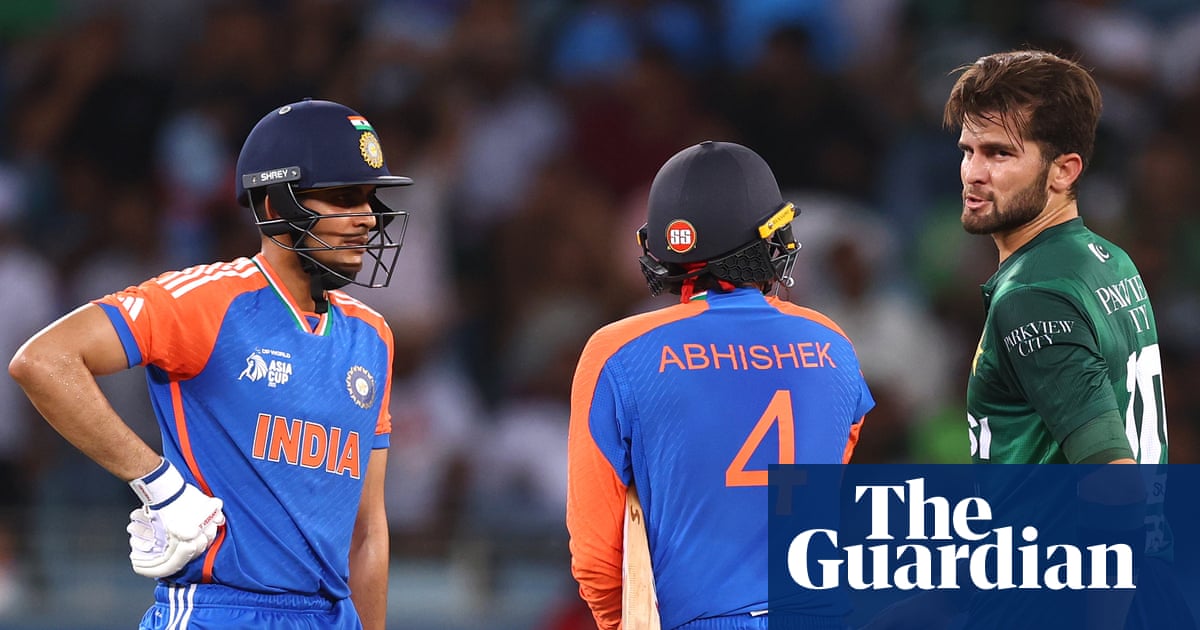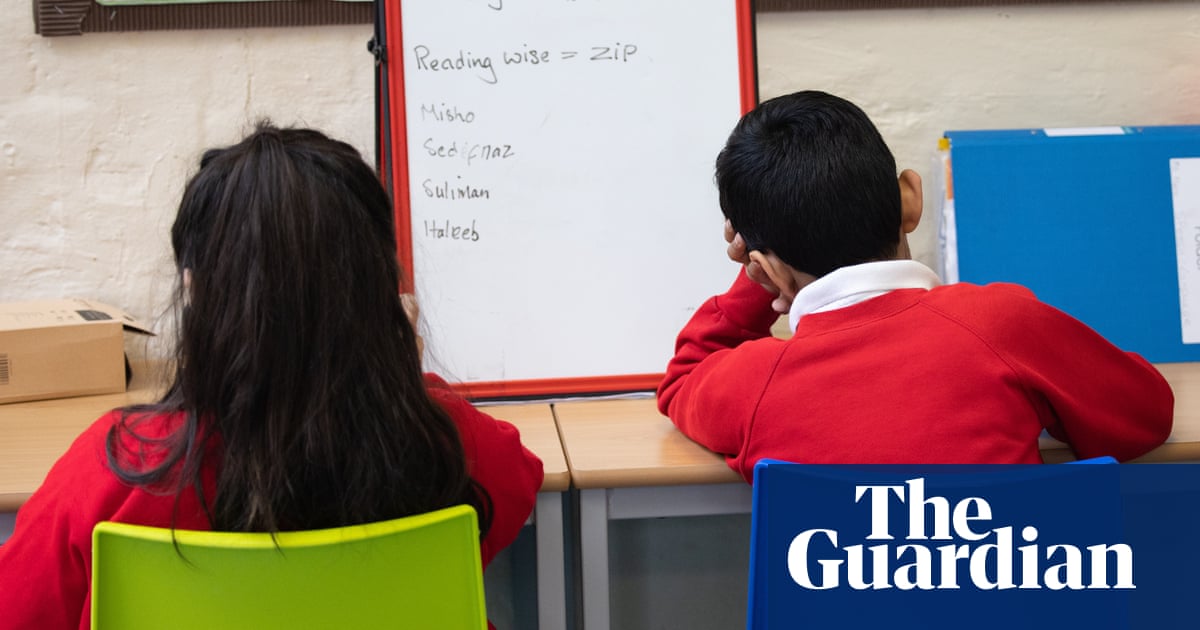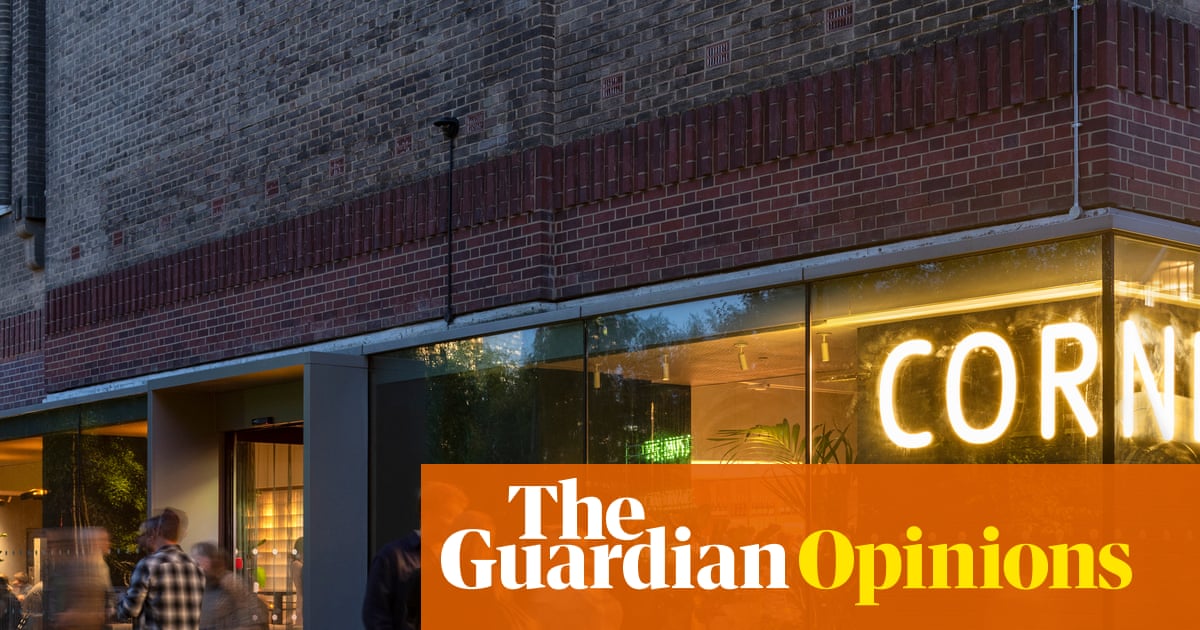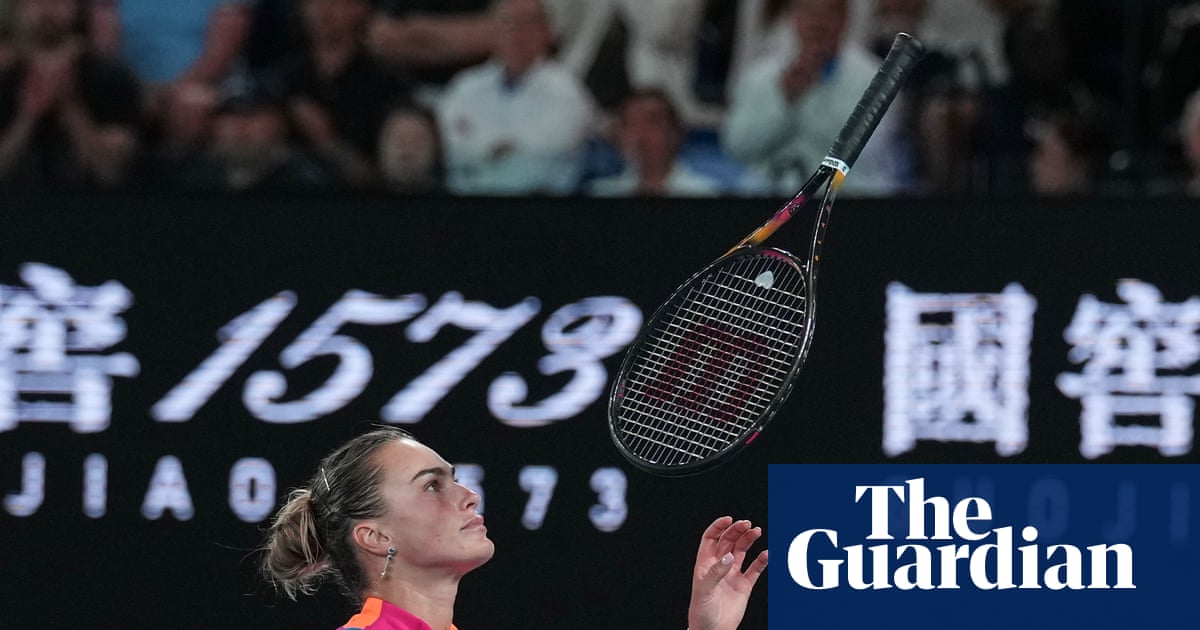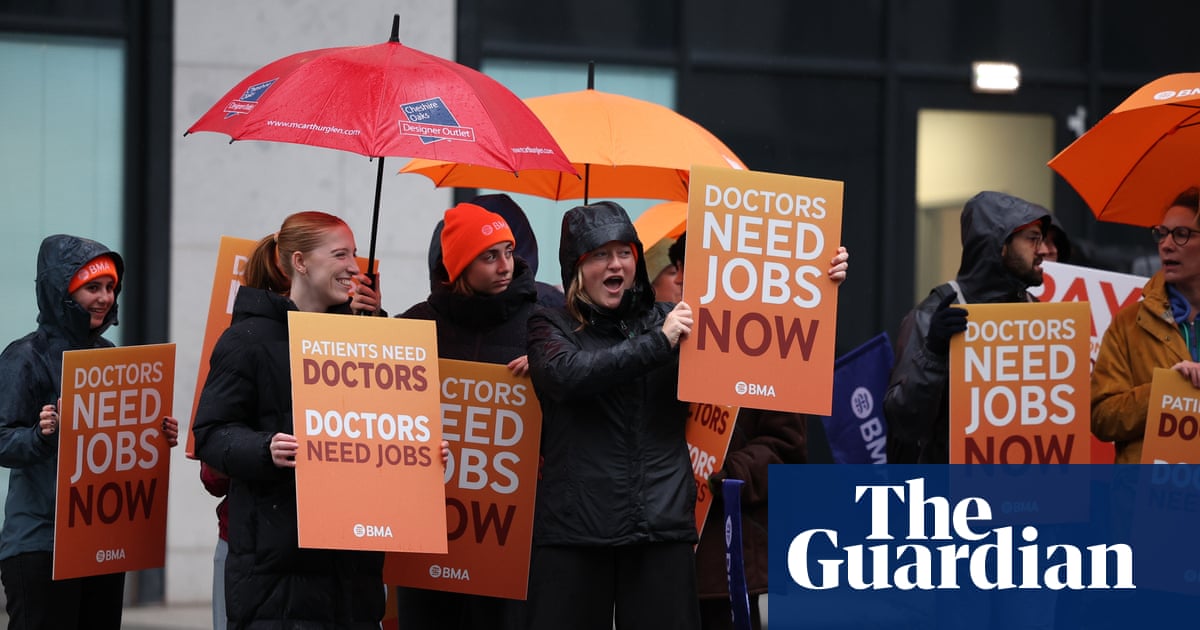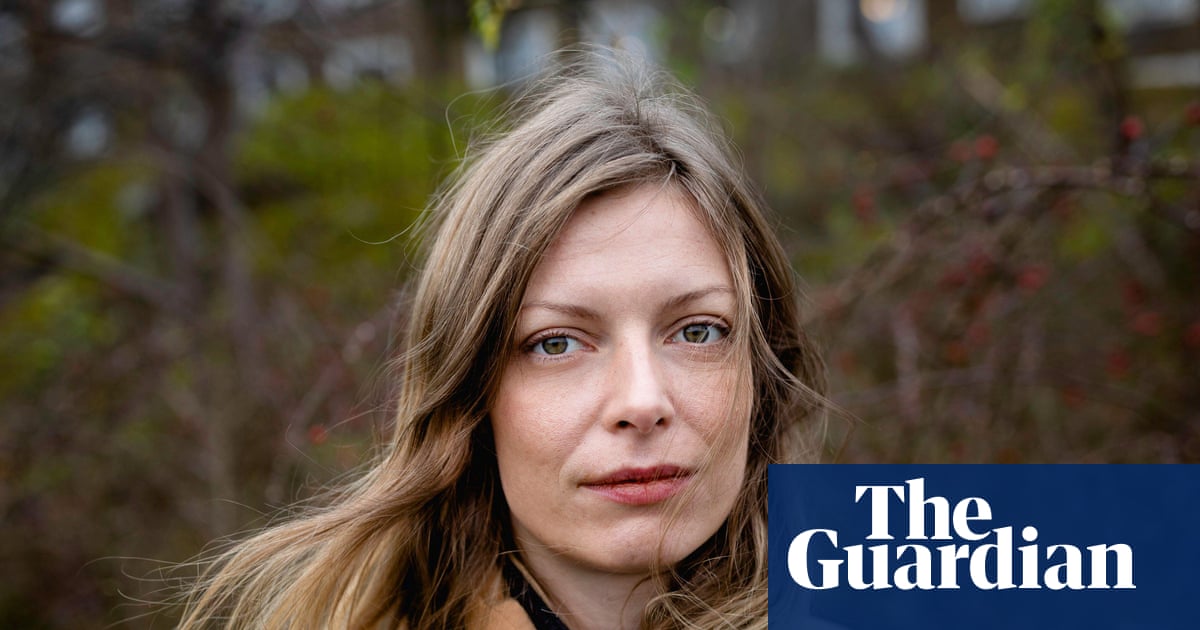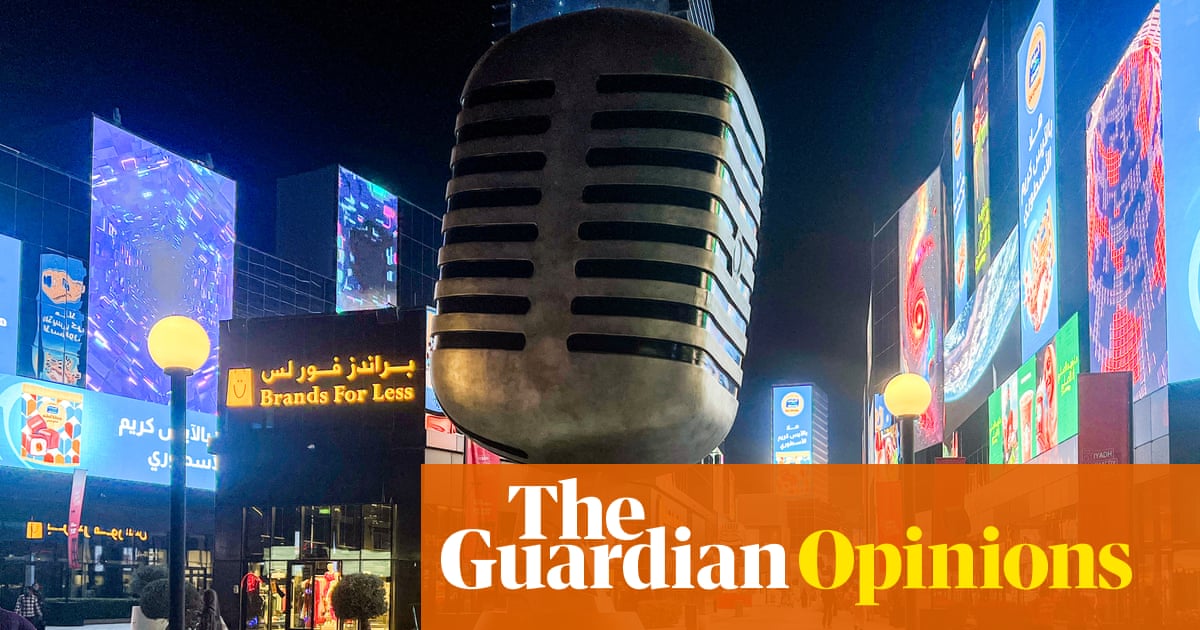Thousands of diplomats, activists, journalists and lobbyists are gathering in the sweltering, tropical heat of Belém, at the mouth of the Amazon, for the Cop30 climate talks.
Since Brazil was awarded the hosting duties three years ago, hopes have been high that the Amazonian Cop – taking place in the country that hosted the Earth summit where the global fight for the climate first began – could be a turning point in the fight against climate breakdown.
But there are fears that this 30th edition of the UN climate negotiations risks repeating the disappointments of previous years and that, rather than making material progress towards climate goals, the talks will once again be merely a jamboree of well-paid lobbyists and officials, while genuine climate concerns are sidelined.
Less-developed countries left Cop last year describing its outcome as a “staggering betrayal”. Critics have warned that the Cop process has become mired in misinformation and bad faith actors, that the travelling circus of the climate negotiations has become too big to be effective, and that it simply is not helping to secure a livable future.
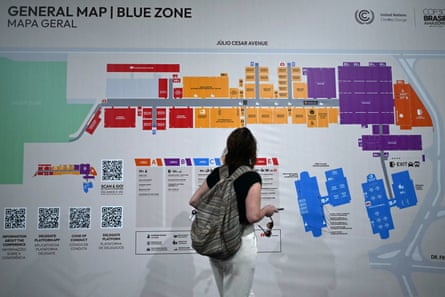
“The main problem, I would say, is the lack of urgency,” Patrick Galey, the head of fossil fuel investigations at the campaign group Global Witness, told the Guardian. His is not a fringe assessment. Last year, an influential group of climate policy experts, including Ban Ki-moon, a former UN secretary general, and Christiana Figueres, a former UN climate chief, declared the Cop “no longer fit for purpose”.
“The Cop process has delivered what it was designed for: diplomacy and consensus,” said Albert Norström, an associate professor at Stockholm Resilience Centre. “It gave us the Paris agreement, methane pledges, and finance mechanisms. But the world has moved into the implementation decade, and here the Cop is lagging badly.
“Emissions are still rising, carbon sinks are weakening, and 1.5C [above preindustrial levels] will likely be breached within years. The architecture was built for negotiation, not ambitious delivery. So, yes, it worked for building the framework – but it’s failing to turn promises into performance.”
The “conference of the parties” is supposed to be the supreme decision-making body of the UN framework convention on climate change (UNFCCC), the international process for negotiating an agreement to limit dangerous climate breakdown.
Held in and led by a different country every year, and with decision-making by consensus, it is intended to be such that no entrenched power structures can form, with all nations – at least ostensibly – having a voice.
But in spite of that theoretically level playing field, inequality between nations means some voices are louder than others. The vast complexity of the negotiations at Cop, and the size of the events (which some observers say amount to three events in one), mean that poorer countries – for whom the crisis is most immediately existential – are not realistically able to host them.
With an ever more complex process, developing countries face significant barriers in even engaging with Cops.
“If you’re the US or the UK or the EU, you’ll have people working 365 days a year on the climate negotiations,” said Asad Rehman, the chief executive of Friends of the Earth England, Wales and Northern Ireland.
“You have them travelling around the world negotiating, telling governments to agree to positions. You bring delegations of 400 people to the climate negotiations. You are able to play three-dimensional chess.
“Then let’s say you’re Lesotho. You’re sending one negotiator or two negotiators and your negotiator is also somebody who does the environment and the finance and all of these things. The disparity in arms is immense.”

It is not only the developed world with a disproportionate presence at the climate talks. In recent years, the scale of the lobbying operation carried out by fossil fuel companies has also become clear. “Their sheer volume suggests to me that a part of Cop has become essentially a business fair,” Galey said.
after newsletter promotion
“Because they come in such numbers they take up a lot of bandwidth; they take up a lot of space, physically. They block book hotels … and then they take up bandwidth in terms of all the sideshows that take up delegates’ time, and they do that whole false solutions thing. Really, they keep people whose lives depend on it out of the Cop process.”
Nordstrom added: “Cop28 hosted nearly 2,500 fossil-fuel lobbyists – more than the combined delegations of many vulnerable nations and scientific institutions. Their presence dilutes ambition, slows progress, and undermines trust. When vested interests dominate the room, the conversation shifts from urgent transition to incremental delay.”
But, critics admitted, the fossil fuel industry would not bother to send representatives in such large numbers if they did not see the decisions taken at Cop as a potential threat to their profits.
“The Cop process has achieved very important milestones that include the agreement on the 1.5C target, the establishment of the loss and damage fund, and the compromise of annual pledges of $100bn to the green climate fund,” said Cibele Queiroz, the director of knowledge at the Global Resilience Partnership. “It has also played an important role in bringing attention to the climate questions and the sense of urgency in the need for increased ambition in climate action.
“But with this said, the process is being too slow and inefficient, and not able to properly address the striking inequalities on who bears the responsibility and the burden of climate change.”
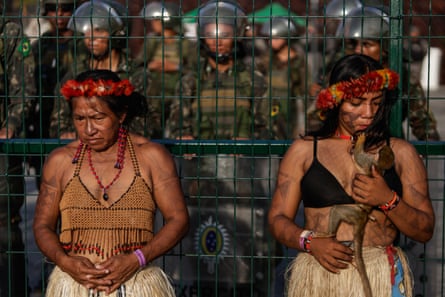
For Rehman, the problems of Cop reflect wider problems with justice in the world. “It’s not the structure of the Cop that is the problem; it’s power which is the problem,” he said. “It is complex because … what is at play here is not [just] climate, it is the political economy of the world, and so it is a huge picture. It is really complicated, because you have got every single power dynamic going on in the world.”
When developing countries want something, such as grants to help adapt their economies and infrastructure, and Europe or the US does not want to give it to them, the winner is never in any doubt. Rehman said: “When decisions are gavelled through against the will of a country, you think it’s against the will of the US or the EU?
“No, it’s gavelled through against the will of Bolivia.”

 2 months ago
69
2 months ago
69


